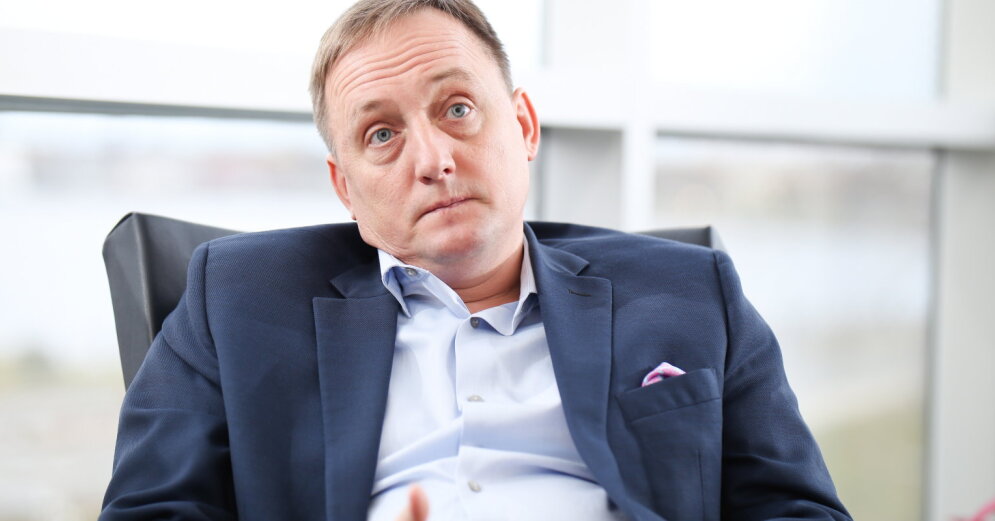Content will continue after the ad
Advertising
–
He pointed out that currently the rise in consumer prices in Latvia has clearly returned, and the rise in inflation will continue in the coming months, with inflation reaching the highest point in this economic cycle at the end of the year – close to 4%.
At the same time, Kazaks emphasized that consumer prices in Latvia decreased a year ago, thus the average price increase during the year is not so significant, as well as inflation in Latvia is lower than the average wage increase. “Here, no day, there is no need to worry about inflation being exaggerated so fast,” Kazak said.
The Governor of the Bank of Latvia also mentioned that the main factors currently driving inflation in Latvia are external, including rising oil and food prices, as well as the fact that global demand is developing much faster than supply.
Kazaks noted that all these three external factors will become much weaker at the end of the year and next year, thus inflation will decrease and fall closer to 1.5 – 2%.
“So at the moment, we have no worries that there could be a long-term rise in very rapid inflation,” Kazak said.
It has already been reported that in June the Bank of Latvia raised its annual average inflation forecast for 2021 from the previously estimated 1.8% to 2%, but for the following year the annual average inflation forecast was increased from 2.2% to 2.9%. The Bank of Latvia also increased its annual average inflation forecast for 2023 from 1.8% at the end of March this year to 2%.
The central bank noted that the dynamics of inflation are affected by the growth of global demand, which has sharply raised resource prices.
The Bank of Latvia forecast that inflation will peak – above 3.5% – at the turn of 2021 and 2022.
–
